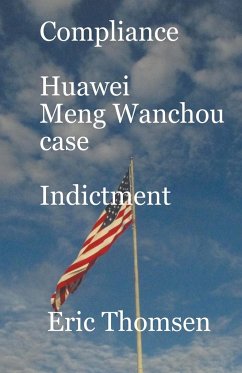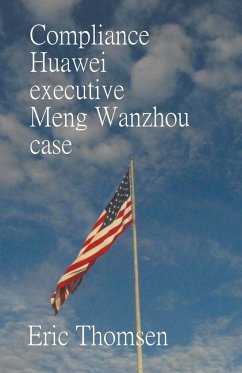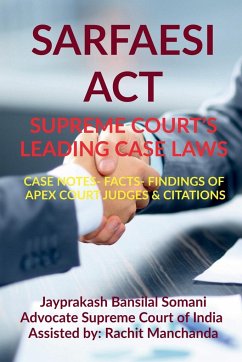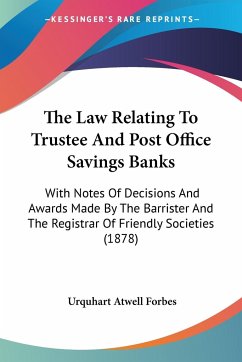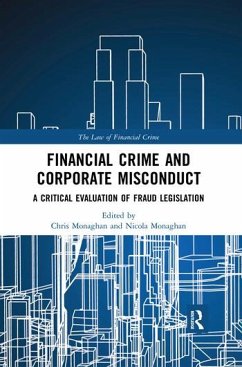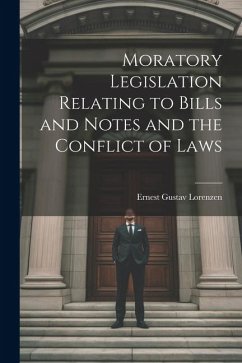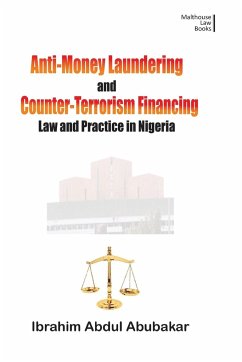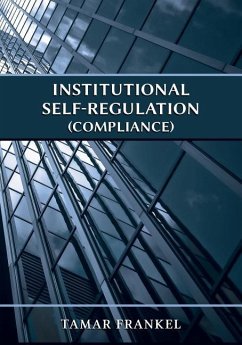
Institutional Self-Regulation (Compliance)
Versandkostenfrei!
Versandfertig in 1-2 Wochen
104,99 €
inkl. MwSt.

PAYBACK Punkte
52 °P sammeln!
The duty of financial institutions to self-regulate their compliance with the law was triggered by relatively recent developments. Financial institutions (banks, mutual funds, securities exchanges and advisers) have grown larger and were operating internationally. Government and outside regulators could not effectively supervise and prevent institutional violations. The failures and violations of such institutions were costly to the country, to their employees and to their investors. The failures prompted legislators and regulators to require these institutions to self-regulate and self-police...
The duty of financial institutions to self-regulate their compliance with the law was triggered by relatively recent developments. Financial institutions (banks, mutual funds, securities exchanges and advisers) have grown larger and were operating internationally. Government and outside regulators could not effectively supervise and prevent institutional violations. The failures and violations of such institutions were costly to the country, to their employees and to their investors. The failures prompted legislators and regulators to require these institutions to self-regulate and self-police to prevent violation of the law. The Law of Institutional Self-Regulation (Compliance) is addressed to law students and practitioners. It aims at understanding and managing a system of self-regulation by financial institutions by a dual system of both law and culture. To be sure, the law requires institutions to self-regulate. But rules of law are not enough. In fact, the main mechanism for self-regulation is institutional culture. Like law, culture is a system of rules and their enforcement. Unlike the law, culture rules are established and enforced by institutions, internally. Thus, both law and culture aim at ensuring institutional compliance with the law. Even though most of the materials and cases in this book involve financial institutions, a similar design of self-regulation applies to any institution. Students and practitioners should be sensitive to signs that maylead to institutional violations of the law. They should note the signs of tendencies that may lead to violations of the law and focus on measures that are likely to prevent such violations. This book notes the differences between the Law Officers and Compliance Officers, the evolving recognition of compliance as a profession, and the rise of compliance officers' independence. The book offers principles, approaches, and techniques, aimed at detecting and preventing institutions' legal violations such as, monitoring and investigations, employees' self-examination and rewarding employees for ensuring and supporting compliance with the law. To be sure, each institution, has its "parents," history, business, powers and weaknesses, aspirations and competitors. This is why institutional self-regulation cannot be uniform and its culture must be adjusted to the law in its own special way-to reach the same application of the law to all.



